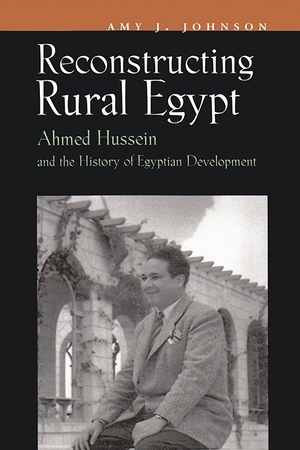Description
Johnson’s book provides the rich and untold story of the architect behind Egypt’s inspired and highly successful social reform policies. The Rural Social Centers of the German-educated Ahmed Hussein were the cornerstones of his project initiatives, and these centers integrated social services through complete community participation. His programs flourished and were used as models for rural development projects worldwide. After the 1952 revolution, Hussein’s influence waned, and he refused to participate in Gamal `Abd el-Nasir’s development schemes. `Abd el-Nasr’s eventual obliteration of Hussein’s reform projects led to Hussein’s resignation. Although he never again became involved in public life, Hussein created a school of thought in Egypt that endures today. Johnson chronicles current efforts of several organizations to revive Hussein’s methods and reform agenda.
About the Author
Amy J. Johnson is assistant professor of history at Berry College and serves as the faculty advisor for its Model Arab League.
January 2004



